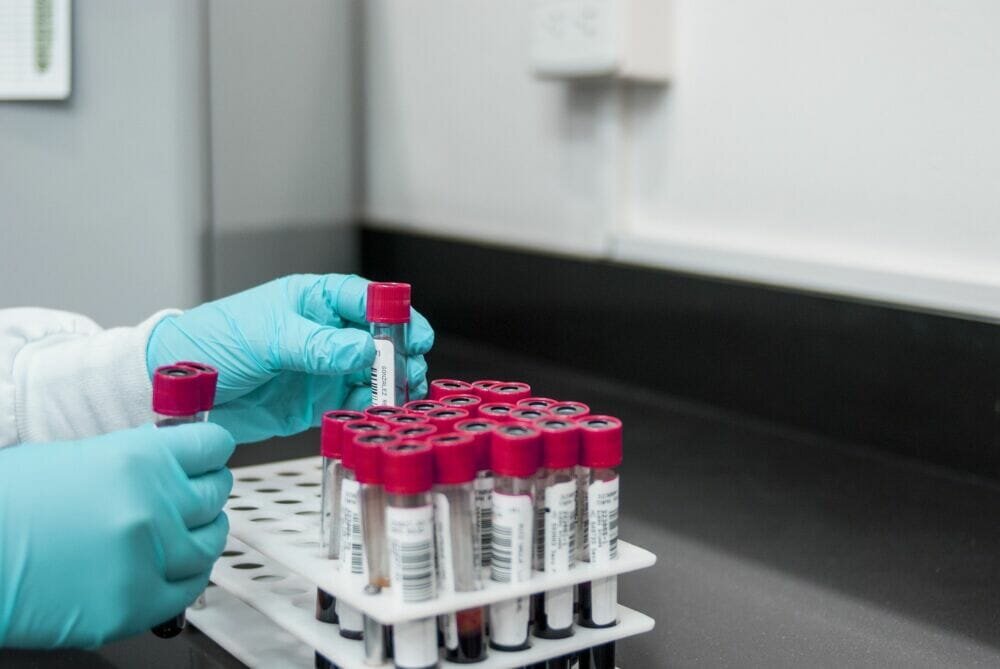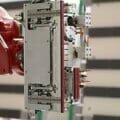~ Remote monitoring specialist offers solution to protect research assets ~
Unfavourable laboratory conditions threaten the integrity of valuable research materials, which could be costly and time-consuming to fix. Therefore, when the Centre for the AIDS Programme of Research in South Africa (CAPRISA) needed a remote laboratory monitoring solution for controlling room temperatures, air conditioning, fridges, freezers, incubators, liquid nitrogen storage vessels and back-up generator status across three clinics, they enlisted help from Omniflex.
There are still 37 million people living with HIV globally. Furthermore, tuberculosis claims the lives of 1.5 million each year. CAPRISA’s mission is to undertake relevant and locally responsive research that contributes to understanding HIV and TB pathogenesis, prevention and epidemiology. Being world leaders for this research, a lot is at stake should research materials become compromised.
The clinics were relying on time-consuming, costly and inefficient manual inspections to monitor laboratory conditions. However, stricter FDA standard operating procedures state that 24/7 data logging of laboratory conditions is necessary to ensure the clinic’s compliance to Good Laboratory Practice (GLP).
The monitoring solution comprises of up to 80 Omniflex microLAN sensors located throughout the clinics, hardwired into Omniflex’s Teleterm Remote Terminal Units (RTUs). By networking all RTUs to the cloud-based Data2Desktop, the system can be configured to send out SMS or email alerts and reports in real-time.
A Teleterm Master Field unit panel is placed in a facility to receive data from the RTUs. This has a touch screen human machine interface (HMI) to give personnel an immediate overview of the entire facility. This means when a problem is detected, it can be easily located and dealt with quickly.
“CAPRISA has found the Omniflex package particularly valuable in its unmanned facility. When unfavourable conditions are detected, managers are informed immediately so they can take appropriate action to protect research assets,” explains Ian Loudon, international sales and marketing manager at Omniflex.
“In the event of a ruptured fridge or freezer seal, for example, the sensors will feedback to the cloud-based server and alerts will be sent out via SMS, GSM or email. Action can be taken quickly to avoid any spoilage that could have detrimental effects on the productivity of the research facility,” Loudon continues.
Because large areas of South Africa experience regular power outages, Omniflex’s system also monitors and controls back-up generator status. This ensures that conditions across CAPRISA’s clinics are kept stable even in the event of an outage. If the cloud service is down due to power issues, each master panel’s battery is backed up for at least 24 hours and can log data to an SD card.
The system will remain GLP compliant in any event, and managers have access to a repository of historical and real-time data for auditing or post-event analysis. This repository acts as assurance to health and research authorities that assets — such as blood samples, pharmaceuticals, trial treatments or cultures — are being stored, monitored and treated correctly.
To find out how Omniflex can help you to remotely monitor valuable laboratory assets and system performance, get it touch with us on +27 (31) 207 7466 if you’re in South Africa. If you’re UK-based, call us on +44 (0) 1614 914 144. Alternatively, visit our website.





